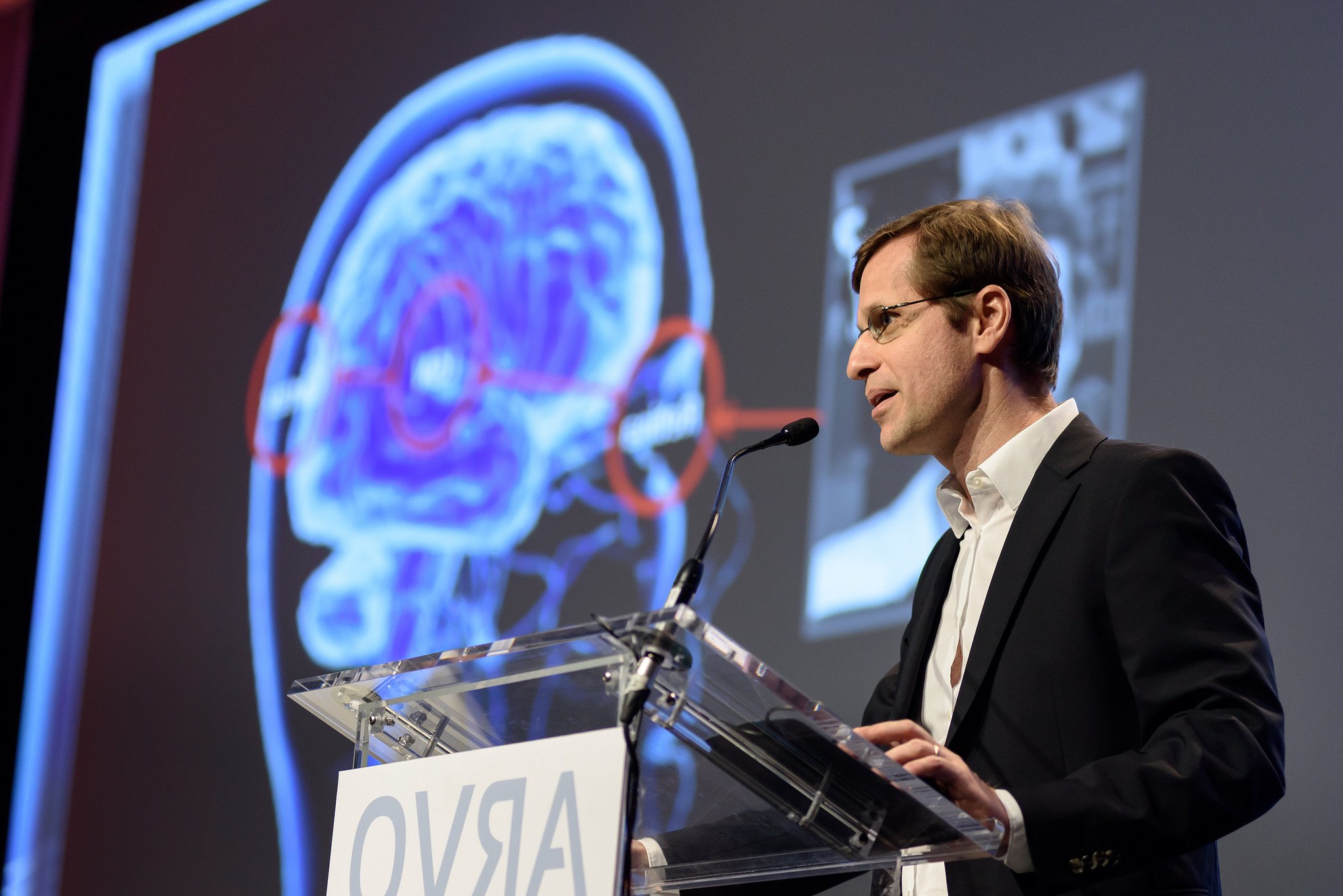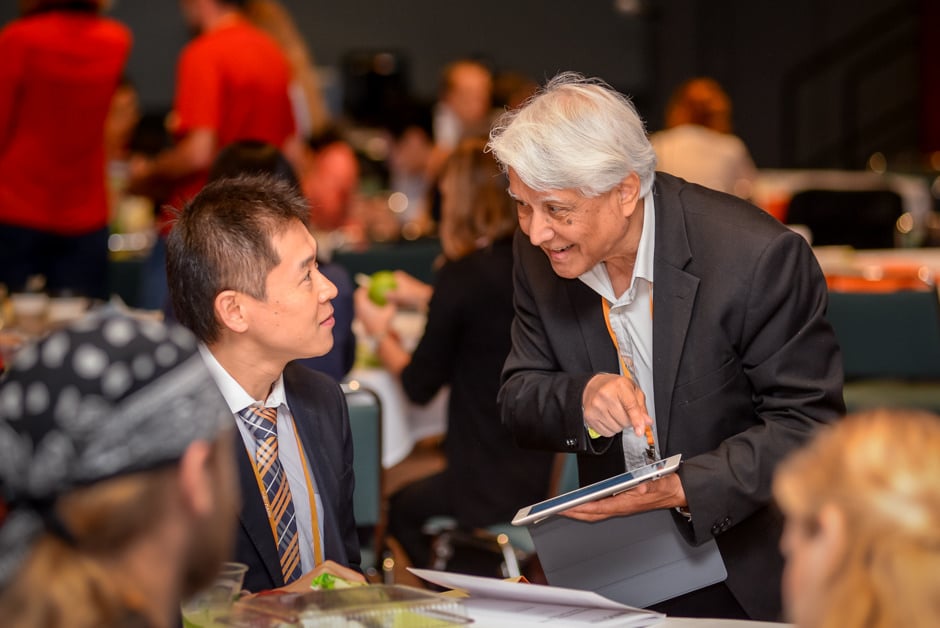Symposia
(all times shown are PT)
Sunday, May 5
8 - 10am
Advancing therapeutic strategies for neurodegenerative blindness
Description:
Death of retinal neurons, namely retinal ganglion cells and photoreceptors, is the leading cause of irreversible vision loss worldwide. Significant advancements have been made toward development of drug-, gene-, and cell-based therapeutics. While drug- and gene-based strategies are typically designed to prevent cell death mediated vision loss early in disease progression, cell replacement strategies are typically designed to restore vision in patients with advanced neurodegenerative disease (e.g., glaucoma, age related macular degeneration and retinitis pigmentosa). In this Symposium we will feature speakers who have made significant advances toward development of drug, gene, and cell replacement-based approaches for the treatment of neurodegenerative blindness.
Imaging cellular dynamics: Current trends in ophthalmic research
Description:
Imaging cellular dynamics in-vitro and in-vivo can provide wealth of information about physiological and metabolic processes in ocular tissues, that can be altered by the progression of potentially blinding ocular diseases. It can also serve as contrast enhancement of morphological images. In this symposium, world renowned experts will review latest developments in the field of multidisciplinary ophthalmic imaging with focus on imaging cellular dynamics in ocular tissues and the clinical translation of these approaches. The presentations will cover a number of imaging technologies such as optical coherence tomography, scanning laser ophthalmoscopy and adaptive optics.
Vision for the future: Exploring the transformative potential of artificial intelligence in ophthalmology
Description:
This symposium explores the potential of novel AI models to:
- enhance the accuracy and efficiency of automated detection and diagnosis of various retinal diseases including diabetic retinopathy and ARMD;
- enhance surgical planning and outcomes whereby AI-driven tools can assist surgeons in overcoming challenges, reducing risks, and achieving superior surgical precision in ophthalmology and
- optimize personalized medicine and its implications for improving patient outcomes in ophthalmology.
In addition, attendees will engage in discussions on striking a balance between the benefits of novel AI models and the ethical responsibilities in ophthalmic practice as well as evolving role of AI-powered virtual assistants in enhancing patient care and engagement in ophthalmology.
Thursday, May 9
8 - 10am
Innovative approaches for harnessing novel small and biomolecules for the treatment of eye diseases
Description:
Promising new treatments for common eye diseases have focused on developing small molecules and biological peptides. Recent breakthroughs in understanding the molecular basis for pathologies have led to innovative therapies for age-related lens and retinal diseases, glaucoma, and corneal surface infections. This Symposium will showcase speakers specializing in common anterior and posterior segment diseases. In addition, there will be a speaker dedicated to discussing the topic of AI-mediated drug design and discovery.
Developing gene therapy for glaucoma neuroprotection: Opportunities and challenges
Description:
Translating basic science discoveries into medical therapies is necessary to enact real visual improvements for patients. Translational research is not only in line with ARVO 2024’s theme of “Vision for the Future” but has long been a research initiative at the NEI. Despite the many advances in AAV-based gene therapy for treating ophthalmic diseases, many challenges remain in developing safe, efficient, and effective therapy for neurodegenerative eye diseases. This symposium, comprising of a discussion among researchers from both academia and industry leading the pack in gene therapy development, will be both timely and useful for planning future directions in therapeutic developments. It will provide a comprehensive overview ranging from target identification, vector system selection and optimization, gene delivery/production, to clinical trial design and outcome readouts, with an eye towards discussing residual needs and barriers for future advances from dynamic leaders in this research field. Each speaker will examine recent developments in their area and provide an outlook of the challenges and future directions.


